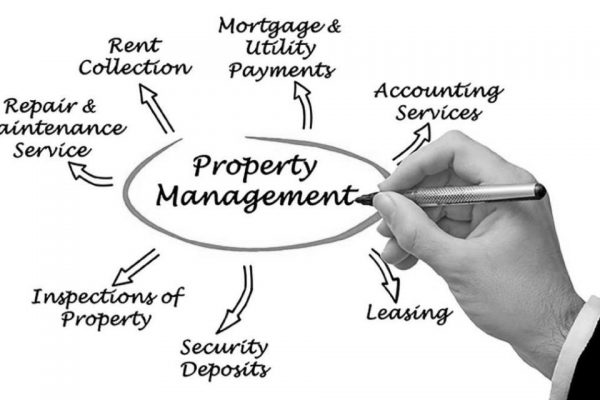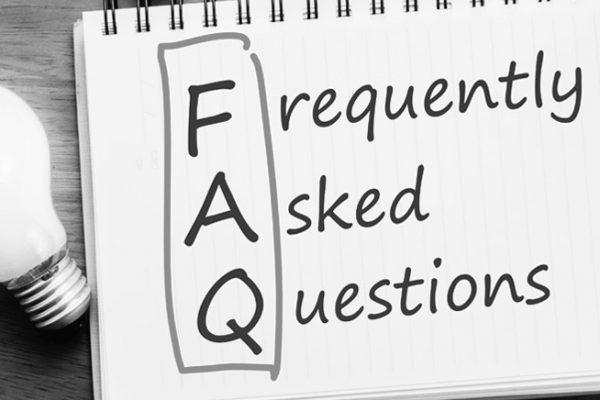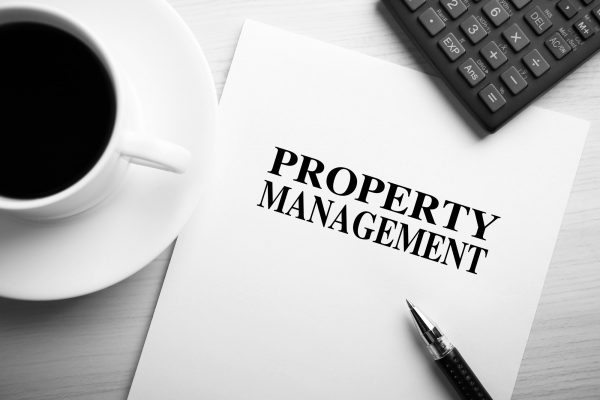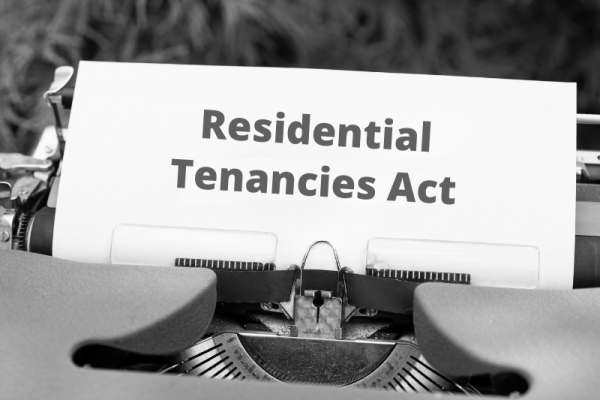How to Keep Warm and Save on Your Electricity Bills This Winter 25/05/2021
As winter sweeps in we find ourselves spending more time at home and inside than the warmer months. This means, we often see an increase in electricity bills from keeping lights on and heaters going as the temperature drops. The extra costs can be challenging for some people. Below is a few tips and tricks on how you can stay warm and save on some costs.
Keep the heat in:
Closing your curtains during the winter can help reduce up to 10 per cent of heat loss. Close your curtains and night or on windows that don’t catch much sun to trap the heat in. Although, opening the curtains on a sunny day can help boost the temperature via solar energy
Thermostat:
Using a thermostat can be a smart idea, however it is best to lower your thermostat during the night and also when you are away.
Replace your lights with LED’s:
LED light bulbs use up to 80 per cent less energy than incandescent bulbs, while producing the same amount of light, and last much longer.
Draught stop:
Block up unused chimneys and stop draughts around doors and windows. You can make your own draught ‘snakes’ by stuffing rugby socks or pantyhose with newspaper or cushion filling. Up to 20 per cent of heating can be lost through draughts.
Layer up:
Staying warm this winter doesn’t have to blow your energy bill through the roof. In fact, it is quite easy to stay warm by layering up with quality clothing and blankets. Putting on extra layers of clothing, investing in thermals and having a good blanket or throw to use when your cold.
As winter sweeps in we find ourselves spending more time at home and inside than the warmer months. This means, we often see an increase in electricity bills from keeping lights on and heaters going as the temperature drops. The extra costs can be challenging for some people. Below is a few tips and tricks on how you can stay warm and save on some costs.
Keep the heat in:
Closing your curtains during the winter can help reduce up to 10 per cent of heat loss. Close your curtains and night or on windows that don’t catch much sun to trap the heat in. Although, opening the curtains on a sunny day can help boost the temperature via solar energy
Thermostat:
Using a thermostat can be a smart idea, however it is best to lower your thermostat during the night and also when you are away.
Replace your lights with LED’s:
LED light bulbs use up to 80 per cent less energy than incandescent bulbs, while producing the same amount of light, and last much longer.
Draught stop:
Block up unused chimneys and stop draughts around doors and windows. You can make your own draught ‘snakes’ by stuffing rugby socks or pantyhose with newspaper or cushion filling. Up to 20 per cent of heating can be lost through draughts.
Layer up:
Staying warm this winter doesn’t have to blow your energy bill through the roof. In fact, it is quite easy to stay warm by layering up with quality clothing and blankets. Putting on extra layers of clothing, investing in thermals and having a good blanket or throw to use when your cold.










